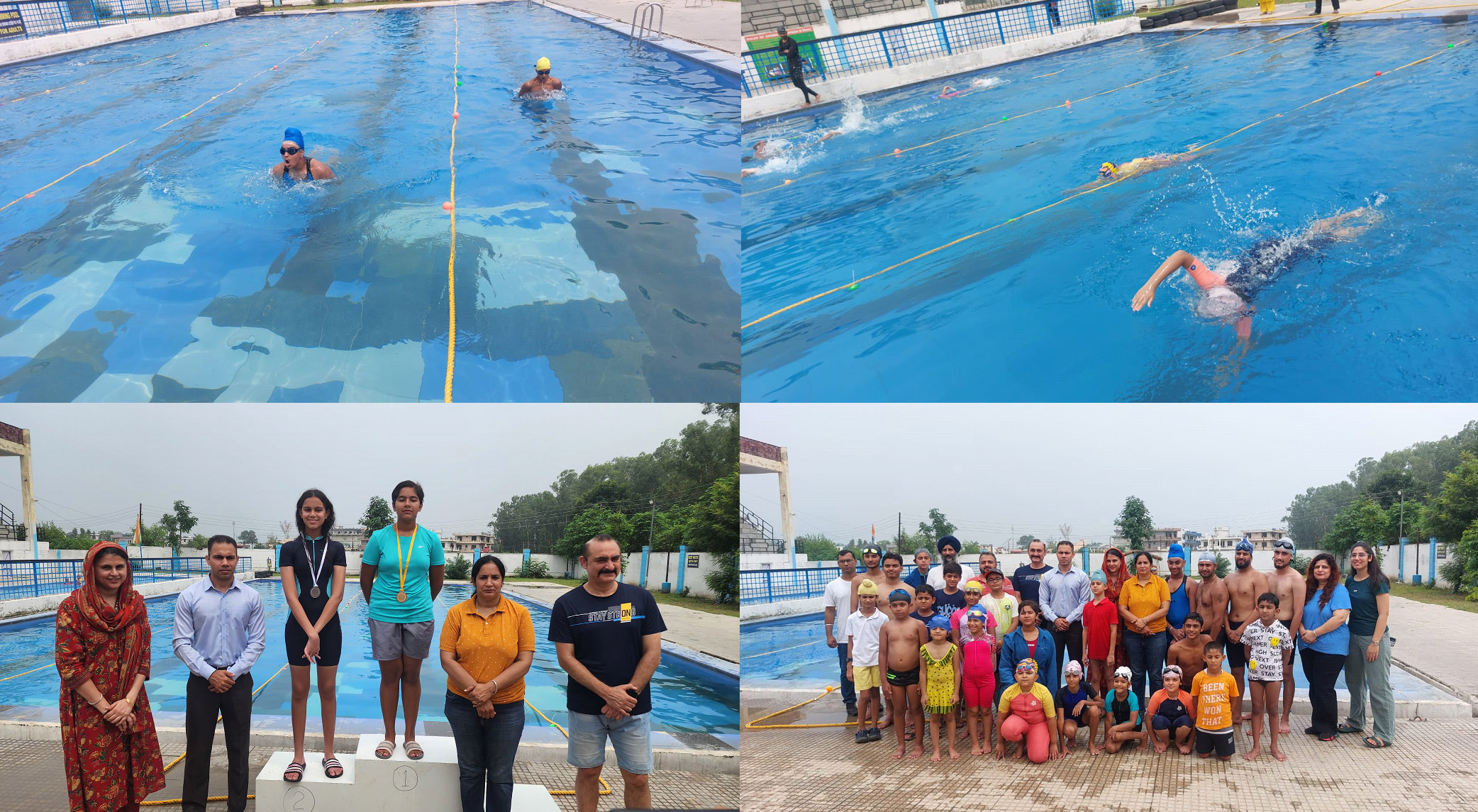
Equipping the youth with new skills,
By adopting a transformative approach to skilling the youth, we can ensure that they not only thrive but also lead us to a more sustainable future. In a world marked by rapid growth and constant change, it is imperative to recognize the importance of preparing our youth for the future.
By adopting a transformative approach to skilling the youth, we can ensure that they not only thrive but also lead us to a more sustainable future. In a world marked by rapid growth and constant change, it is imperative to recognize the importance of preparing our youth for the future. With more than 1.8 billion individuals between the ages of 10 and 24, as highlighted by the United Nations, the potential for this demographic to drive growth and change is enormous. But it's just as important to acknowledge the challenges they face in a job market that's constantly in flux. The statistics are revealing: In 92 countries, three out of four young people aged 15-24 lack the emerging skills needed for employment, according to estimates by the Education Commission and UNICEF. This challenge is particularly pronounced in developing countries where access to education and resources may be limited. This stark disparity underscores the imperative to provide our youth with skills that are not only relevant, but also adaptable, cross-border and empowering. Let us consider India, a country with a huge talent pool in the field of information and technology. India has the potential to become a hub of technology and innovation, moving beyond its role as one of the largest IT exporters globally. However, there must be a shift from merely acquiring new skills to creating well-rounded individuals capable of solving social issues. Changemakers Mindset: Fostering a changemaker mindset for problem solving and entrepreneurial thinking is essential to prepare the next generation for the challenges and opportunities of the 21st century. Global leadership programs and initiatives offer a unique platform to cultivate this mindset among young students. By immersing them in a curriculum that emphasizes innovation and entrepreneurial thinking around some real-life challenges, we can prepare students to excel in the Fourth Industrial Revolution. Programs aligned with the United Nations' Sustainable Development Goals provide students with a sense of purpose and responsibility, reinforcing the importance of change in creating a more sustainable and socially conscious future. Nurturing digital skills: Technology is an important tool for transformative learning. It connects students with knowledge and experts from around the world, enabling innovative problem-solving. Beyond job preparation, it empowers youth to solve pressing issues using advanced tools like Artificial Intelligence (AI), Augmented Reality (AR), and Virtual Reality (VR). The focus must shift to a holistic, interdisciplinary education, preparing young people for a tech-centric future in a variety of fields, even in traditionally non-technological fields like medicine or psychology. Beyond the classroom: Learning goes beyond the confines of a traditional classroom. Students gain knowledge and skills through hands-on opportunities, such as engaging in projects centered around environmental sustainability, social justice, and community engagement. Youth Empowerment: It is important to involve youth in shaping their education. Rather than implementing a rigid, top-down approach, a more flexible, bottom-up approach is desirable. This means listening to young people's thoughts and ideas about what they are learning. By equipping young people with new skills, we empower them to pass on their knowledge to the next generation in their communities. This results in a collaborative system where everyone has a role to play in ensuring that young people acquire valuable skills. The way to prepare our youth for the future is multi-faceted. This includes fostering a changemaker mindset, nurturing digital skills, emphasizing social-emotional development, empowering young people to take responsibility for their own education, and expanding learning outside the classroom. By adopting these transformative approaches to upskilling our youth, we can ensure that they lead us to a brighter, more sustainable future.














